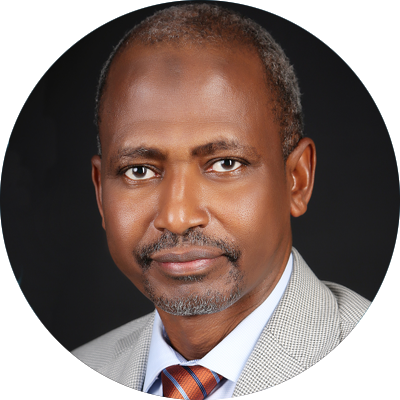Marlene Kanga
Congress Plenary Speaker
Australia
CURRICULUM VITÆ
Dr. Marlene Kanga was President of the World Federation of Engineering Organisations (WFEO) in 2017-2019, the peak body for engineering institutions internationally representing some 100 engineering institutions and more than 30 million engineers. A chemical engineer, she was the 2013 National President of Engineers Australia. She is a Fellow of the Academy of Technology Science and Engineering, Australia, an international Fellow of the Royal Academy of Engineering and a Foreign Fellow of the ASEAN Academy of Engineering and Technology.
She is an Officer of the Order of Australia, a national honor, “for distinguished service to engineering, as a global leader and role model to women”
During her term as WFEO President, Marlene led the initiative for the member states at UNESCO to declare 4th March, the founding Day of WFEO, as World Engineering Day, in N November 2019. She also led WFEO for the review of the international benchmark for engineering education and professional competencies, in partnership with the International Engineering Alliance, another significant legacy of her term. She is currently leading the WFEO contribution to the UN Africa Coalition and established the WFEO Academy to provide access for training and capacity building for engineers and educators in Africa, Asia and Latin America, ensuring more engineers with the right skills for sustainable development, in regions of greatest need.
Marlene is a board member and non-executive director of some of the largest organizations in Australia in the utilities, transport and innovation sectors. She is an Honorary Fellow of the Institution of Engineers Australia, an Honorary Fellow of the Institution of Chemical Engineers (UK), and an honorary fellow of the engineering institutions of New Zealand and India., She has been listed among the 100 engineers making a contribution to Australia in the last 100 years as part of Engineers Australia Centenary celebrations in 2019, among the Top 100 Women of Influence and one of the Top 10 women engineers in Australia.
Title of the Lecture: Enabling Our Sustainable Futures Beyond 2030: What it will take, What is being done
SUMMARY
Dr Marlene Kanga will speak about the role in transforming engineering especially in education and will provide valuable insights into the changes that have been made and the imperative for these and the expected global impact of these changes.
The UN Sustainable Development Report 2019, recognized that science and technology are key levers to advance the UN 2030 Agenda for Sustainable Development. With just 8 years remaining, engineering technology is advancing quickly to address issues such as climate change, food security, improved health outcomes, especially during the pandemic, access to reliable clean water and sanitation, and energy. This has been and will continue to be the work of engineers.
But technology alone will not deliver the changes we need. We need a paradigm shift in the way technology itself is developed and how the benefits are shared across the world, especially beyond 2030. This will require an increase in the capacity and capability for engineering and technology and equity of access and agency for underrepresented groups including women, young people, the rural poor, many in developing countries.
Enabling more engineers with the right skills in these countries is therefore key to ensuring our futures in a rapidly changing technological world. The review of the international engineering education benchmarks for Graduate Attributes and Professional Competencies (GAPC) by the International Engineering Alliance (IEA) in partnership with UNESCO and the World Federation of Engineering Organisations (WFEO) has enabled the transformation in the way engineering is taught and the outcomes of engineering for the future.
The GAPC Framework underpins the basis of mutual recognition of engineering qualifications and professional credentials in engineering through the signatories of the International Engineering Alliance, located in some 30 economies on every continent. The review is the most significant change that has occurred to the Framework since it was first developed in the early 1990s and will ensure that engineering education and professional development programs reflect contemporary values and employer needs as well as equip engineering professionals of the future to incorporate practices that advance the UN Sustainable Development Goals and beyond 2030. Implementation of the Framework has commenced and is expected to transform engineering education and practices with engineers who are inclusive and able to work effectively in diverse teams, think critically and thoughtfully about the impact of their work, considerate of broad ethical considerations and be committed to adapting to new technologies and pedagogies as well as lifelong learning.
Recognition by UNESCO will ensure that the GAPC Framework will be the pre-eminent international benchmark for engineering education and professional development.














